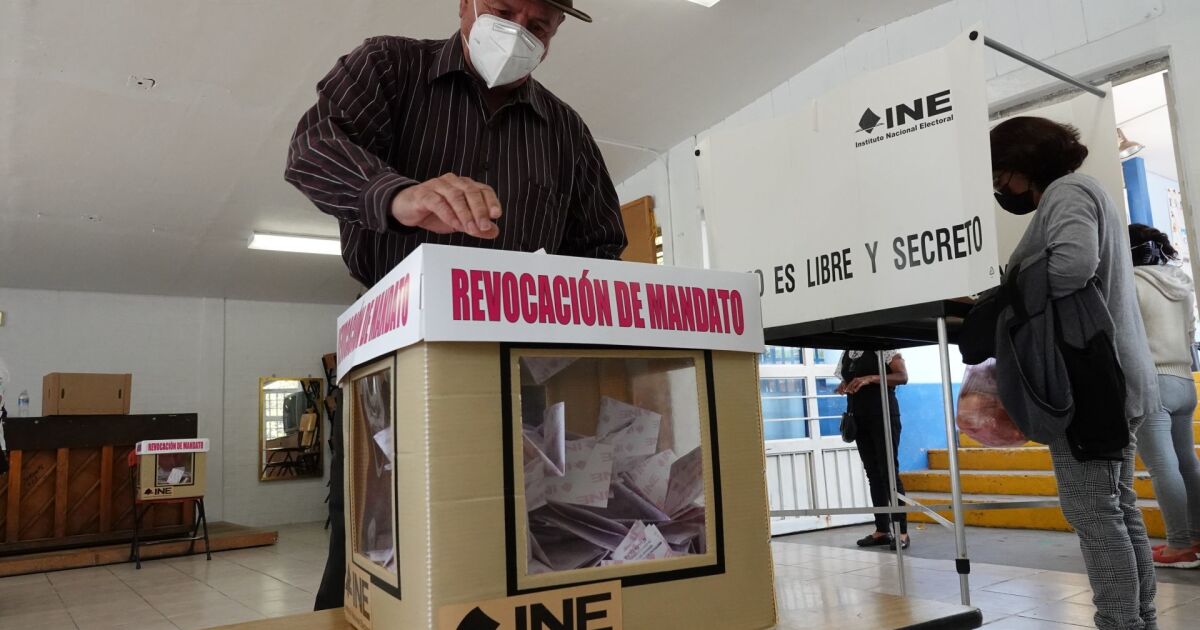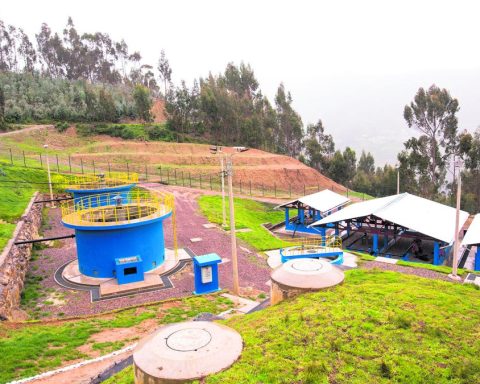On the one hand, excluding spending derived from the vaccination strategy against COVID-19, budget allocations for the sector have not increased, maintaining one of the lowest levels of health spending among OECD countries. The main bet of the government in turn has been the Health Institute for Well-being (Insabi), which, from the beginning, faced doubts about its operational and financial viability. Now, just two years after its creation, the government seems to abandon the Insabi project and – along the way – propose another great transition in order to guarantee universal access to health, through the IMSS-Wellness program.
Much has been written about the history, approach, and achievements of the IMSS-Wellness, a program that, under different names, has managed to extend health services to populations living in extreme poverty and with a high degree of marginalization since its creation in 1979. However, its Future expansion faces considerable challenges in expanding coverage of health services, especially without additional funding sources.
uneven expansion
Through collaboration agreements, the states will cede their physical and human infrastructure to the IMSS-Well-being so that, through it, health services are provided to the population without social security. Two aspects are worrying about the expansion plan: first, everything seems to indicate that the specific agreements of each agreement could vary significantly from entity to entity, aggravating disparities in care and access to health services. Second, after the hasty implementation of Insabi, it is likely that the entities that were not initially incorporated into said scheme —mainly opposition governments— will choose not to join the IMSS-Wellness, further fragmenting health service coverage.
insufficient investment
Evaluations carried out by Coneval indicated that, in recent years, the budgetary limitations of the IMSS-Wellness have prevented it from covering vacant positions and carrying out the conservation, maintenance and replacement of assets. Even though this year’s program budget shows an increase of 74% (10 million pesos), compared to 2021, without a considerable investment plan it is unlikely that IMSS-Well-being will be able to reverse the stagnation and decline of its own infrastructure and equipment, in addition to incorporating and operating that of the state health services. Now that the number of beneficiaries is being expanded, the challenge that IMSS-Well-being will face in the coming years will be titanic without additional sources of financing.

















